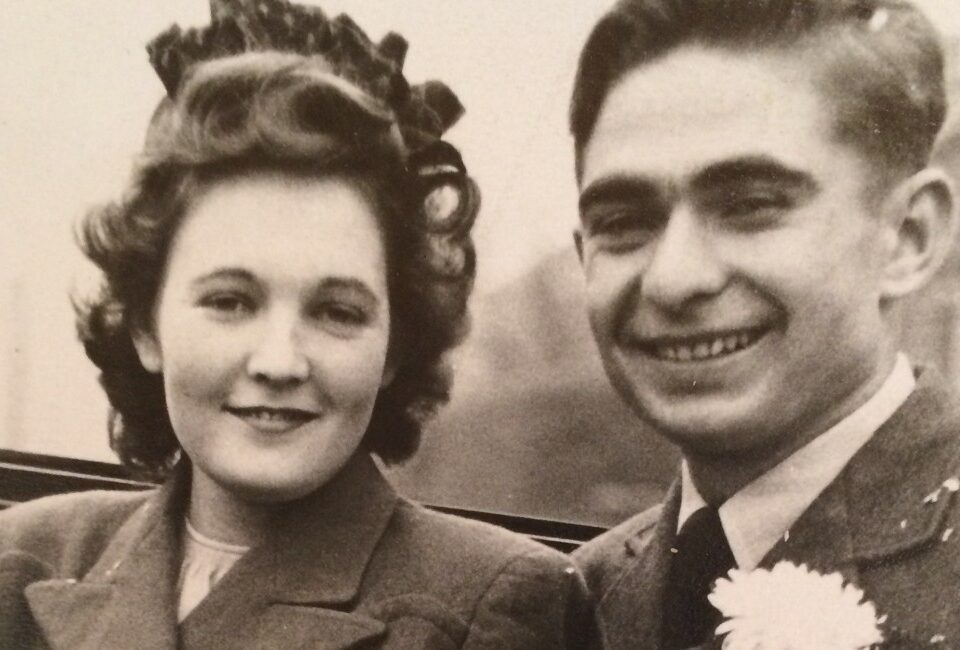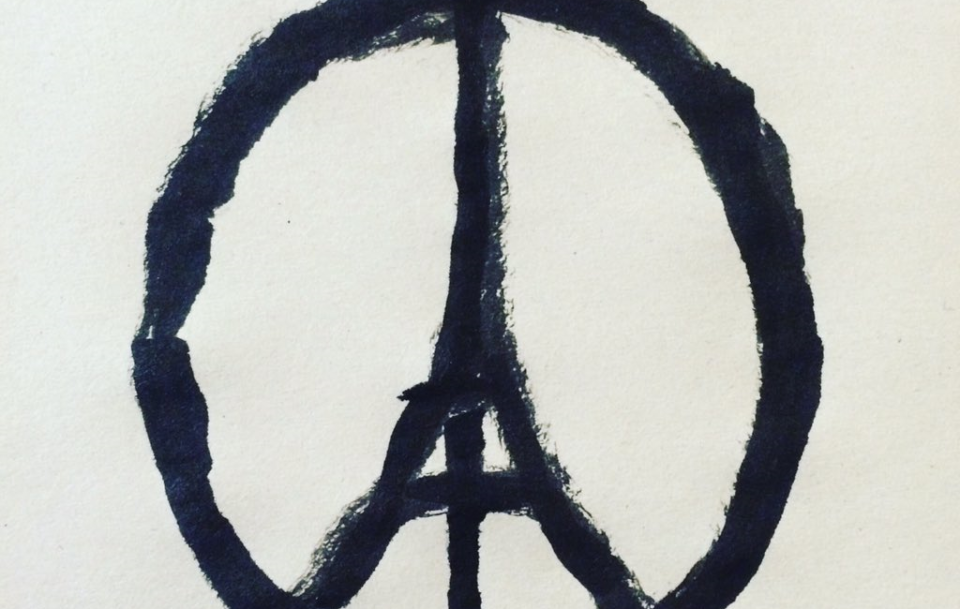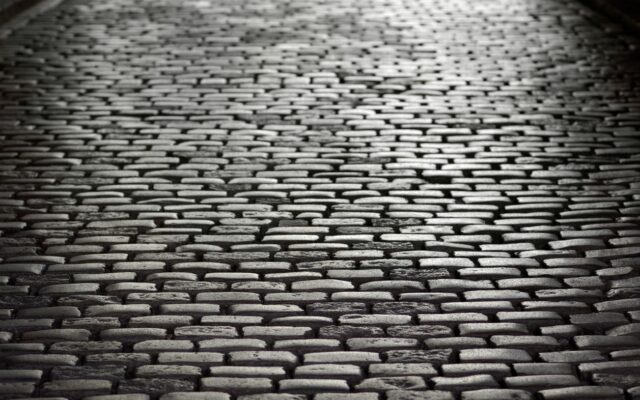London, 17 October 1973
Relaxed and elegantly coiffed in his warm television studio, Brian Clough shares his genius with the nation. On this gloomy London night, England must beat Poland to reach football’s World Cup finals. The opposition are certainly no pushovers, they offer a little more skill and flair than most teams from the Soviet bloc, but the brilliant mind of Brian has uncovered a weakness in the Polish side: “That clown at the other end of the pitch,” he says of the Polish goalkeeper, drawing uncomfortable frowns from the other pundits sat around the table.
Jan Tomaszewski doesn’t hear Clough’s words, at least not until the following morning when England’s newspapers spit their fury at yet another milestone in the nation’s decline, but none of that matters to the young Pole. As the Wembley floodlights poke through the dark, the lanky keeper throws his body in front of every ball booted his way and thwarts England again and again.
But two Poles do hear Brian Clough. The brothers Eugeniusz and Zbigniew Szott are sitting in a tiny but cosy living room in a part of Nottingham called Dunkirk, watching the game on television and silently cheering for their national team even if the country doesn’t really belong to them anymore. Both men have lived more years here in the narrow streets of the English midlands than they ever did in the vast Slavic farmland of their youth. This is their home now, while the village in which they grew up no longer appears on any map.

“Big ‘ead,” says Eugeniusz at the image of Clough on the television screen as he sinks deeper into his flower-patterned armchair, chomping through his salami and gerkin sandwich. “He calls himself a socialist,” Zbigniew joins in, slurping his can of warm lager and squinting through the smoke of his Park Drive. The two brothers’ eyes never leave the screen but they both smile.
Back in London on old Wembley’s muddy battleground, Jan Tomaszewski parries every white-shirted attack until the final whistle blows, when he raises his hands in the air and allows himself a wide grin. Poland have held on for a draw, England are not going to the World Cup, and the clown is a national hero, back home.
Nottingham, a Sunday morning, June 1979
Grandad and I are driving in his black Morris Minor to the suburbs south of Nottingham. We roll hard-boiled sweets in our mouths. Grandad’s after-shave mingles with the creased leather seats, and his dark tie sits tight against his adam’s apple. As his feet play with the different pedals on the floor of the car, I can’t imagine that I will ever know how to drive. I look at the deep black shine of his shoes and his thin grey socks.
We pull out of a petrol station, and I carefully record the mileage in our little green book, and tuck the stamps inside the back cover. I’m far too young to understand any of this but, with his Sunday Express lying on the back seat, Eugeniusz Szott might be more English than I will ever be; he collects first-day covers, admires Mrs Thatcher and never misses Question Time. A grateful wartime survivor from a far-off land, grandad has done his best to fit in. His mates at the boiler factory call him Eddie.
I’ve done my best to fit in with grandad, or at least tried to please him. One day I came back from school with a sticker of Misha, the cuddly bear of the Moscow Olympics, and proudly tore it up in front of his eyes.

This morning we are going to visit Brian Clough, the manager of the Best Team in the World. Attentive to my new religion, Nan has done her homework and found the newsagent where Clough sometimes helps his brother on a Sunday morning. Grandad never takes me to the game. “Bloody hooligans. They need a good hiding.” But he loves to watch Match of the Day with me, my Saturday night treat, and earlier that spring we sat together in his living room and watched our team win the European Cup. I kept the special colour supplement from our local newspaper: “Kings of Europe”.
Grandad parks in front of the newsagent’s, it’s the only place open and there are no other cars. Last night’s chip wrappers soak in the black puddles and the last of the rain drips from the plastic awning above the shop window. A dozen square white cards stick to the glass, promising part-time jobs and hoping to find lost cats. Grandad lifts the Morris’s indicator to its central position and the small round light at the end of the stick stops flashing. He reaches for his brown corduroy cap, squeezes it over his brylcreamed hair – still thick and black – and lets out a sigh. “Here we are, Jonafen. Here we are.” We step out of the car and grandad softly whistles one of those big love songs he listens to in the front room. My hands have gone sweaty.
We push open the glass door and all the smells hit me at once: freshly printed newspapers, chocolate bars and gummy sweets. I see him immediately. He is the only person in the shop, and he stands behind the counter, legs crossed, holding a large Sunday newspaper in front of his face. He doesn’t move an inch, doesn’t say a word. My eyes move along the rows of mints and chocolates, past the stands of chewing gum and bottles of gobstoppers, and settle on a large pile of newspapers at the end of the counter. And there she stands, regal and silent, shining under the buzzing fluorescent tube, at the end of a journey that has taken her from Madrid to Amsterdam to Munich and Milan. The European Cup, triumphant atop a pile of the Nottingham Evening Post.
Grandad doesn’t say anything, just twiddles his fingers and looks towards the back of the shop. I don’t know where to look. The four of us stand there in silence: Brian Clough, the European Cup, grandad and me. Clough doesn’t turn the page of his newspaper. There’s no other customer to disturb this endless moment. I turn round, pull open the door and walk to the car.
Brussels, 19 September 2004
Autumn arrived this morning, and a few orange leaves are dancing round the feet of the bus-stop queue outside my office. I count the passage of time in my head: I’ve been in this job for a year and a half, and I’m still happy. I was lucky to get it in the first place, I keep telling myself. Many consultants end up working for their clients, going inhouse, but not many end up working in their favourite sport. My friends tease me about the UEFA blazer I have to pull on for big meetings but I know they’d swap places if they could. I turn from my window and stare at the large blue container in the middle of the room.
Nobody knows that the container is here, not even the people in the accounts department next door. I know what’s inside it but I want to make the moment last. Do I open it alone or do I call a friend? Would he believe me, drop everything at work and drive all the way across town? I could call my wife but she wouldn’t understand. How could she? I can’t believe I don’t have a camera with me. I walk slowly round my desk, put down my cup of coffee and approach the container.
As I push back the metal clips, a scene from a childhood film flashes into my head and I almost expect a heavenly glow to seep from inside the box as I carefully open the lid. Well, it is a grail of sorts, I smile to myself.
I take the prize back to my desk, place it in the middle of a surface cleared of every last file and paper, and then slowly lower myself into my chair. My grin turns to a slow disbelieving laugh and my head tips to the ceiling. And then I look back down and stare. “After all this time,” I say to myself. A vast silence pushes against the walls of my office as the metal shines silver under the office lamp.
I am desperate to tell somebody, anybody, but I want it to be someone who understands the madness of this moment. “Hi, are you busy? Hang on a second. You will never, never guess what is sitting on my desk, here, right now. No, wait for this. Shhh, listen. Wait for this. On my desk…in my office…is…the European Cup. The bloody European Cup. I know, I know, I can’t believe it…What? Are you sure? Brilliant. Bring your camera.”
Brussels, 20 September 2004
Now she sits alone in her glass showcase, where everyone can see her. Only I know where she spent the night. I’m standing with colleagues in the middle of the European Parliament, waiting to launch an exhibition about UEFA’s 50th anniversary. People press their noses to the glass; this is the closest they’ve ever come. In the far corner of the room, a video replays the great European finals, and I never tire of the footage. UEFA’s top brass read through their speeches one last time and word goes round that the Commissioner is on her way. I straighten my tie. Then my phone buzzes as a new message arrives. Do I have time? I click through a couple of screens and open the new mail. “Just seen that Cloughie passed away this afternoon. Very sorry. At least you’ve got the Cup with you.”

I watch my grandad climb an apple tree in my parents’ garden. We’re in a part of Nottingham called Sherwood. He’s 84 now but standing on the highest branch of a small tree. I’m back home for a couple of days, and I think to myself that we should talk about certain things. There’s still time. For some years now he’s been happier to talk about the war and the horrors my generation will never know. Poland was taboo when I was growing up: I think he felt ashamed. Now he hears his native tongue every time he goes shopping as the streets of Nottingham fill with young men and women eager to work in our restaurants and bars.
My eyes move slowly across the inside cover of the book I’m reading, a gift from mum. It’s the hand of a frail old man:
To Jonny
Be good.
Very best wishes,
Brian Clough
Maybe I should ask grandad why we never spoke to him. But I’m not sure, and I hesitate. Maybe that’s a question for me.









